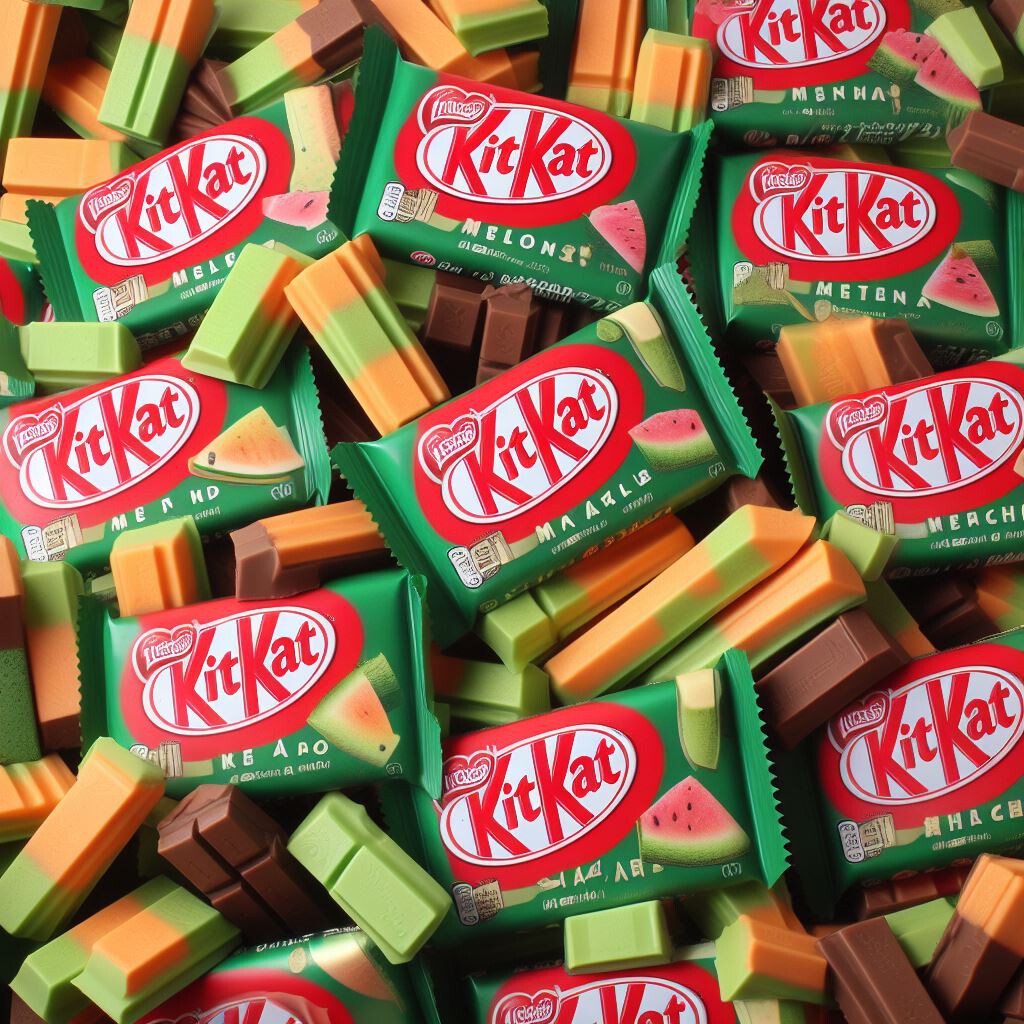The mysterious kidnapping of 55,000 Kit Kats of rare flavors valued at 230 thousand euros
A shipment from Japan with no less than 55,000 Kit Kats of rare flavors that are only sold in the Japanese market was delivered to New Jersey, United States, but the chocolates never reached their destination.
The mysterious disappearance of merchandise valued at 230 thousand euros has caused intrigue and concern within the industry, since the lack of security of these large shipments implies significant losses. The shipment had cost $110,000, but the company selling them expected to make about $250,000 in total revenue.
With strange flavors . The order had a peculiarity, and that is that these chocolates cannot be found in other countries in the world. They are only sold in Japan, some for a limited time or in a limited region, and many American fans are willing to pay considerable amounts for unique flavors such as melon, matcha latte and daifuku mochi .
They are cult flavors. In the United States, obsessives buy them as if they were collector’s items, unwrap them and post video reviews on social media, comparing them to other Japanese snacks.

They lost track of the Kit Kats . Danny Taing is the owner of Bokksu, a company that sells subscription boxes of Japanese snacks, including Kit Kats. The businessman ordered the Kit Kats from Japan, which arrived safely in the United States. But when it came time to ship them from California to his company’s warehouse in New Jersey, that’s where things got tricky.
Taing had hired the transportation company of businessman Shane Black, who in turn commissioned the work to another company called HCH Trucking, where an employee named Tristan worked.
But the shipment never reached its destination. According to The New York Times , it is a “strategic theft.” Behind it is a fraud in the supply chain that involved theft of identity and email accounts and ghost truckers, explains the New York media.
Outcome . Chocolates in limbo . Businessman Black discovered that Tristan had deceived him and he confessed where he had kept the Kit Kats, in another warehouse just 50 kilometers from the original in California. But when Black tried to recover the cargo, they did not allow it because his name was not on it, but that of a certain Harry Centa: “Without proof that you are the true owner and without payment for storage, we cannot release the cargo.” He, too, was unable to claim insurance because he was denied coverage due to the peculiar nature of the theft.
A bad deal for Mr. Taing, who considers the Kit Kat lost, since he could not sell them either because two weeks have passed and they have not been refrigerated . According to the newspaper, he has been the victim of a “fictitious collection”, a type of cybercrime in which an attempt is made to extort someone through a “hostage cargo” that disappears if the thief’s demands are not met.



![How to Style a Western Cowgirl Costume for Any Occasion! Ultimate Guide [2024]](https://zigmasoft.com/wp-content/uploads/2023/11/s-l1200.webp)
![World’s First AI LIVE School Builder App Review 2025 [From Buyers]](https://zigmasoft.com/wp-content/uploads/2025/03/4da13923-2b58-11ed-aeb6-06deec350f13_68e5408d54cbfc753218446dbf46227dc4ab9f88_Designer26.jpeg)


